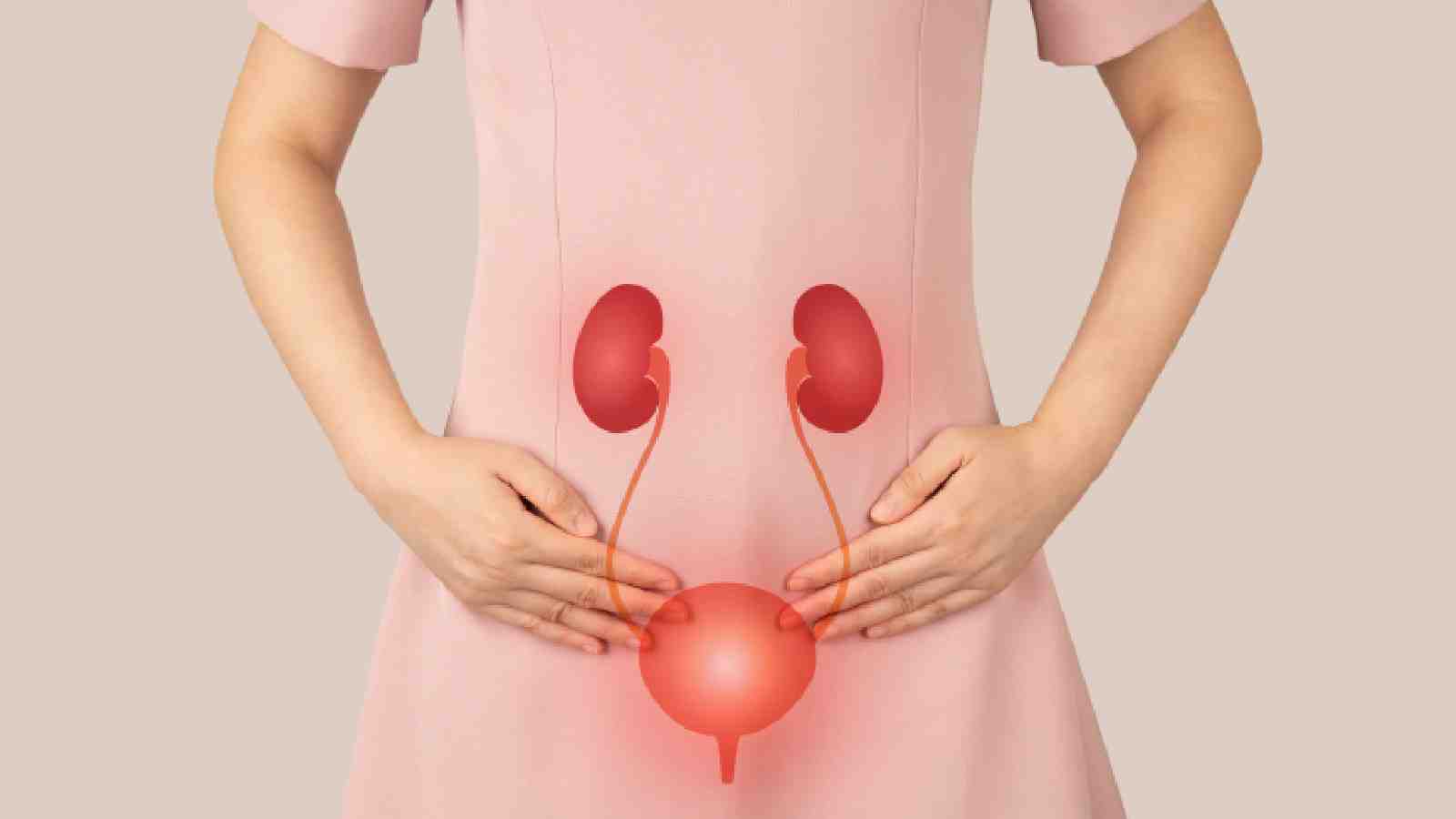[ad_1]
Dehydration is a common problem that occurs when the body loses more fluids than the intake. The summer months, with the sweltering heat, can lead to dehydration, which can have significant impacts on urological health. The urological system plays a crucial role in maintaining the body’s homeostasis by filtering waste products and excess fluids from the bloodstream. However, when the body is dehydrated, this delicate balance can be disrupted, leading to various urinary problems. Let us know more about the side effects of dehydration.
Dehydration can cause a decrease in urine production, which can lead to the formation of kidney stones and increase the risk of urinary tract infections. Additionally, a lack of fluid intake can cause urine to become concentrated, leading to bladder infections and other urological problems. Therefore, it is important to stay hydrated to ensure the proper functioning of the urological system and avoid these potentially serious complications.
Side effects of dehydration on urinary health
1. Kidney stones
Dehydration can concentrate the urine, which can lead to the accumulation of unwanted substances and minerals in the body leading to the formation of kidney stones. These stones can cause significant pain and damage to the urinary tract. Know how to identify early signs of kidney stones.
2. Urinary Tract Infections (UTIs)
Dehydration can increase the risk of urinary tract infections. When the body is dehydrated, it may not produce enough urine to flush out bacteria from the urinary tract, leading to infection.
3. Bladder problems
When the body is dehydrated, the urine becomes concentrated, which can irritate and inflame the bladder. This irritation can lead to a range of symptoms such as urinary frequency, urgency and pain during urination. Drinking enough fluids throughout the day can help prevent bladder problems by keeping the urine diluted and reducing irritation in the bladder.

4. Prostate problems
Dehydration can cause a decrease in urine volume, which can lead to problems with the prostate gland. The prostate gland can become enlarged and cause problems with urinary flow.
5. Erectile dysfunction
Dehydration can contribute to erectile dysfunction by reducing blood flow to the penis. When the body is dehydrated, it may not produce enough blood volume to maintain adequate blood flow to the penis, making it difficult to achieve or maintain an erection. Staying hydrated is essential to prevent this condition.
Dehydration and menstruation
The side effects of dehydration can also be felt on menstruation. During menstruation, the body loses a significant amount of fluids, so it is essential to stay hydrated to prevent dehydration. Dehydration during menstruation can cause the following complications:
1. Irregular periods
Dehydration can lead to irregular periods, making it difficult to predict when menstruation will occur.
2. Headaches
Dehydration during menstruation can also cause headaches, which can be quite painful.

3. Mood swings
Dehydration can also cause mood swings, which can lead to irritability and anxiety.
How to prevent and manage dehydration
* Drink plenty of water: Consuming an adequate quantity of water is the best way to prevent dehydration. One needs at least to drink eight glasses of water a day.
* Avoid caffeine and alcohol: Caffeine and alcohol can lead to dehydration, so it is best to avoid them during the summer months.
* Eat water-rich foods: Foods such as watermelon, cucumber and tomatoes have high water content and can help prevent dehydration.
* Rehydration: The best way to manage dehydration is by rehydrating the body. Drinking plenty of fluids, especially water, can help replenish lost fluids.
* Electrolyte replacement: In cases where dehydration is severe, electrolyte replacement drinks can help replenish lost electrolytes.
[ad_2]
Source link
